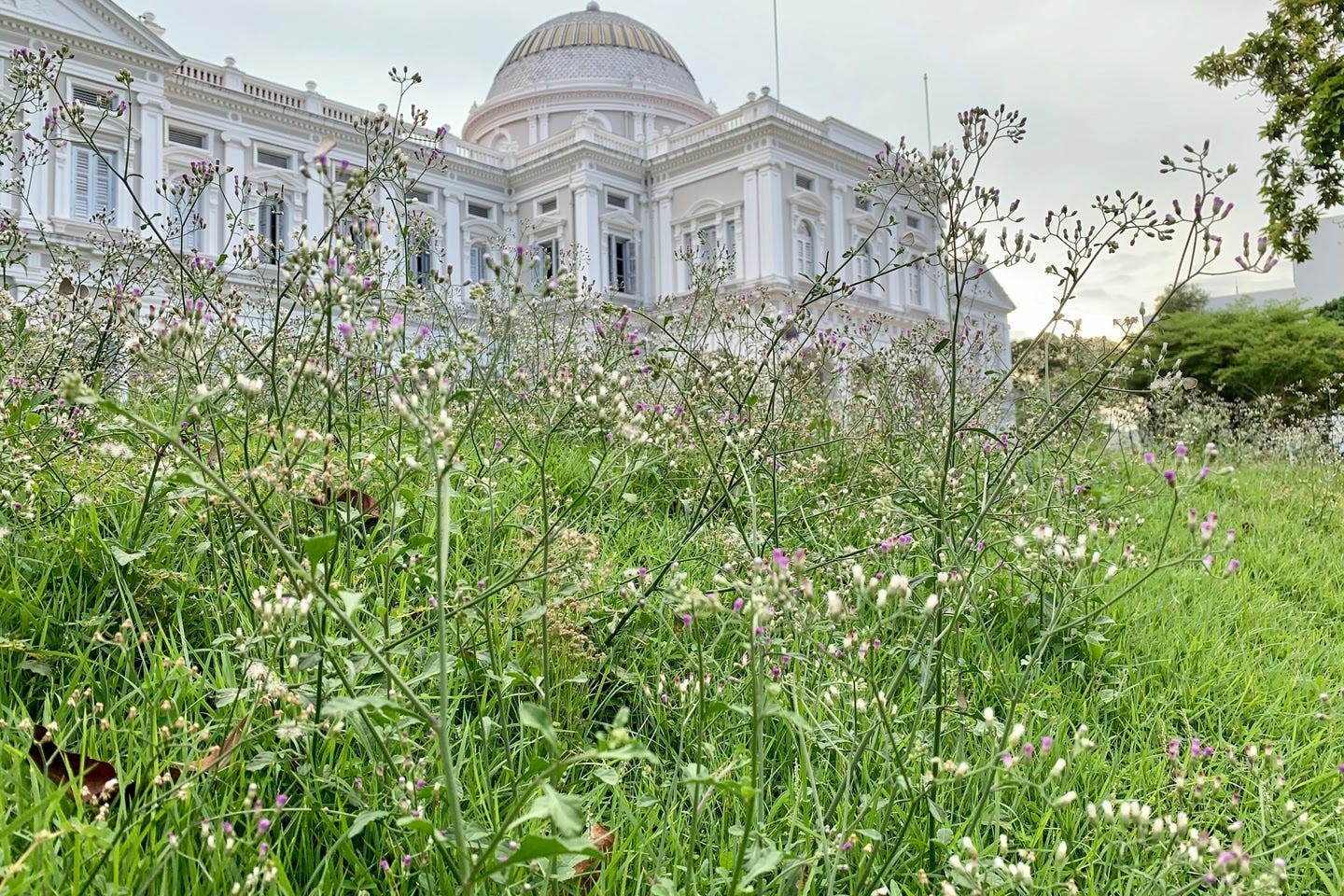Why is this interesting? - The Citystate Edition
On Singapore, flora and fauna, and how wild spaces are managed
Wishing a very happy birthday to my dad (and faithful WITI reader) Jack. I’m sure he will see this right as the email lands at 6am. -Colin
Colin here. Singapore is an amazing place. Everything works well, the airport is magnificent, and the things that plague other places: traffic snarls, pollution, and poor public transport simply don’t exist. The city-state generally works like clockwork and is also generally progressive when it comes to green building and eco-responsibility.
In fact, one of the knocks you hear about the place is it is too perfect, too manicured, and slightly sterile. And while there have been countless “return of nature” tropes on the internet, some real (it is fun to watch Rhinos lazily traipsing down the paved road of wildlife preserves) and some false, (dolphins have not returned to Venice canals!), another interesting story is of wild flora and fauna coming back during the lockdowns. It is happening to interesting results in Singapore.

Image: Robin Hicks/Eco-Business
According to Eco Business:
The coronavirus has given Singapore’s usually meticulously maintained grass patches, play areas and roadside verges the chance to live a little, and prompted a public discussion about whether the neat, image-conscious city-state should make wilder green spaces a permanent feature after the lockdown is lifted.
The sight of rarely seen wildflowers and the noticeable increase in butterflies, dragon flies, grasshoppers and bees has delighted some residents, particularly children, in a city not known for its tolerance of nature, leading to calls for less severe management of grassy areas that allows biodiversity to thrive even in the busier parts of the city.
Why is this interesting?
Singapore has a lush, tropical vibe and has benefitted from greening initiatives that began around 30 years ago. The entire roadway from the airport is perfectly manicured and is strategically a “point of first impression” for visitors. Everything is highly landscaped and according to some conservationists, “the flora that adorns its roadsides and verges are imported, ornamental species that do not host much, if any, wildlife. The rest is grass cut short.”
According to the Eco-Business article:
Dr Shawn Lum, president of the Nature Society Singapore, told Eco-Business that the “circuit breaker” lockdown period has been a good time to reflect on how green areas could be managed differently in Singapore.
“Rather than uniformly manicured parks and walkways, we could try natural grassy patches at different stages of growth. This would give us a range of landscapes that support greater biodiversity,” said Lum…
“If people come to accept a more natural look and see the value in beautiful insect life, it could become the new normal.” Alternated plots of longer grass that provide refuge for insects when the grass is cut would be a good starting point, he said.
It is hard to imagine a place like Singapore letting things grow free and wild. This is, after all, a place where a complaint about unevenly cut grass made national headlines. But when we look at experiments like the High Line in New York, where wildflowers and assorted flora and fauna are on display, as opposed to strict, highly regimented gardens snapped to grid, perhaps there is a pleasant middle ground to explore, one that benefits the environment and allows biodiversity to thrive even in the densest parts of the tropical city-state. (CJN)
Photo of the day:
No, it is not Daft Punk playing at Doha. It is the PPE being worn by airport employees at Hamad International Airport (IATA code: DOH) that contains thermal cameras and also augmented reality. The question: is it effective, or is it “effectiveness theatre”? I think we will see a lot of the latter in the coming months. (CJN)

Quick links:
The history of TGI Friday’s. It is much more interesting than you would think. (CJN)
GPS tracking the movement of eagles (CJN)
What happened after an Atlantic writer met Ed Snowden (CJN)
Thanks for reading,
Noah (NRB) & Colin (CJN)
—
Why is this interesting? is a daily email from Noah Brier & Colin Nagy (and friends!) about interesting things. If you’ve enjoyed this edition, please consider forwarding it to a friend. If you’re reading it for the first time, consider subscribing (it’s free!).



Coincidentally, I was traveling through Doha on my way to Perth last Wednesday and observed none of the measures mentioned in the Hamad International article 🤷🏼♂️